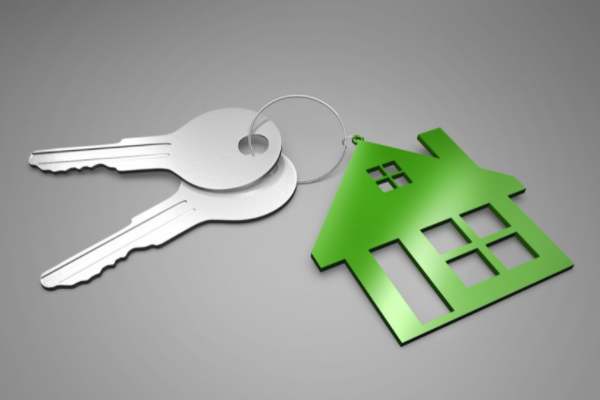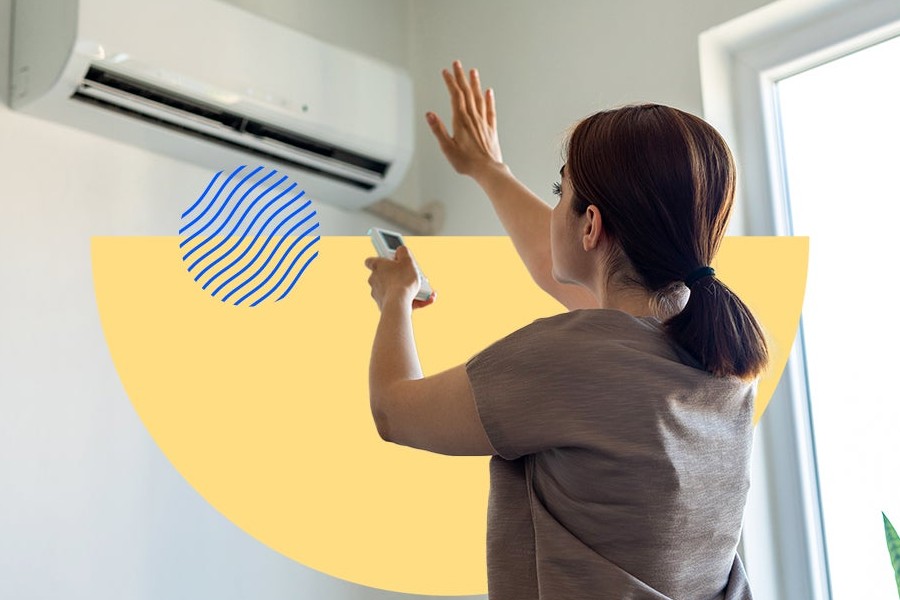 In addition to finding tenants, signing a tenancy agreement and carrying out maintenance when necessary, accounting is also a central part of effective property management.
In addition to finding tenants, signing a tenancy agreement and carrying out maintenance when necessary, accounting is also a central part of effective property management.
Setting up an accounting system for rental properties will help to ensure all incomings and outgoings are recorded accurately and instantly. It also reduces the risk of human error as many transactions and record keeping tasks can be automated.
The key purpose of a property accounting system is to assist with reconciling bank statements with a business ledger to make sure they match exactly. The best practice is to reconcile accounts daily if possible as it is easier to track down payments and correct errors when they are fresh.
Property accounting can take up a fair amount of time if not set up and managed effectively. An accounting system should have ease of use, accuracy and efficiency in mind. Therefore the rest of this article details some tips and tricks landlords or property managers can use to make their accounting tasks easier and quicker.
IT Solutions
Accounting for property rentals has become much easier in recent years with the development of various cloud-based property management software packages. By implementing an automated system with property accounting software tools included, landlords can streamline many daily tasks to free up time for other business or leisure activities. Furthermore, utilizing an automated property management system provides a landlord with many benefits including:
- Less time spent on simple administrative tasks such as data entry and document creation
- Income and expenses can be analyzed and forecast which assists with decision making and creating the right strategy
- Data and management tools are conveniently centralized and integrated into one system
- Well presented and user-friendly dashboards provide landlords with an overview of their rental business
- Compliance is easier to achieve as forms can be filed electronically and reminders of regulation changes can be set
- Better organization; software will record and store all transactions digitally for convenient analysis or retrieval later on
- Payments such as rent and utility bills can be made online
Before a rental property business is set up, it is advised that the landlord select one of the various property management systems available. Many have similar tools and can be tailored to the specific needs of a business including a top hosting company.
Individually Set Up Each Property
As well as choosing suitable property management software, landlords should also take the proper steps to set up each of their properties so they can be integrated into a property accounting system. The accounting framework that is required for each individual property in a landlords portfolio includes:
- The right entity; usually landlords with several properties with register their rental business as an LLC to reduce liability risks and ensure they are complying with tax regulations
- An account or dedicated section for each property on the accounting software
- Rent roll; a spreadsheet used to record rent payments
- A separate general ledger and chart of accounts to track payments related to specific buildings
- A dedicated bank account for each property so it is easier to reconcile accounts
Follow a Monthly Accounting Cycle
Typically, there is an accounting cycle that landlords use each month to ensure every income and expense is recorded after being received or paid. The steps generally involved in a monthly accounting cycle are:
- Receiving rent payments; software allows landlords to link a bank account so that payments are automatically recorded and accounted for.
- Invoice processing; many expenses that a landlord will be billed for such as maintenance and utilities will come with invoices, these can be paid automatically using property management software
- Reconciliation; comparing bank statements and transactions with the general ledger found in the software to check it matches
- Printing of financial documents; smaller rental businesses may only do this quarterly or yearly, however, larger firms are advised to print financial records and reports monthly to ensure they are prepared for an audit
Link Bank Accounts
Linking accounting software to bank accounts for each property has a big impact on the efficiency of the monthly accounting cycle. Rather than slowly inputting each transaction into a spreadsheet, linking bank accounts makes it much faster and simpler to import a list of every transaction over the month.
Review Reports Regularly
Analyzing and reviewing reports made by property management software allows landlords to make better strategic decisions. Some examples of reports that indicate the performance of a rental business are:
- Tax reports
- Operating statements
- Income and expense statements
- Ledgers
- Rent rolls
- Profit and loss statement
- Cash flow records and forecasts
 Accounting is a central part of property management and if it is avoided or done incorrectly the chances of failure or achieving lower profit margins increase significantly. For this reason, landlords must research how to set up a property accounting system well.
Accounting is a central part of property management and if it is avoided or done incorrectly the chances of failure or achieving lower profit margins increase significantly. For this reason, landlords must research how to set up a property accounting system well.
- How To Choose The Right Corporate Travel Management Provider For Your Business?
- How Having A Dog Can Enhance Your Overall Mental Health
- 10 Tips To Maximize Your Air Conditioner’s Efficiency
- New Gear For Fall On The Rise For You And Your Harlem Home
- NYIC Launches ‘New York Proud’ Public Art Campaign Celebrating Immigrant Stories Across NYC
Become a Harlem Insider!
By submitting this form, you are consenting to receive marketing emails from: Harlem World Magazine, 2521 1/2 west 42nd street, Los Angeles, CA, 90008, https://www.harlemworldmagazine.com. You can revoke your consent to receive emails at any time by using the SafeUnsubscribe® link, found at the bottom of every email. Emails are serviced by Constant Contact









